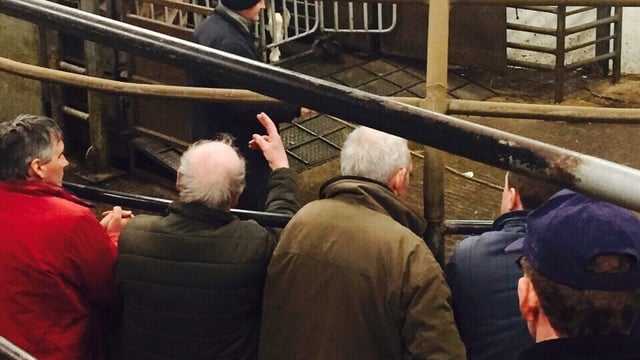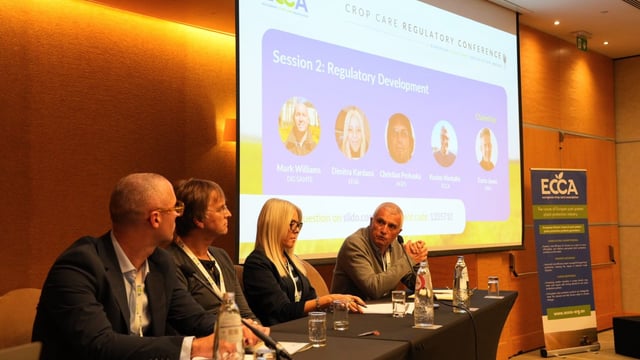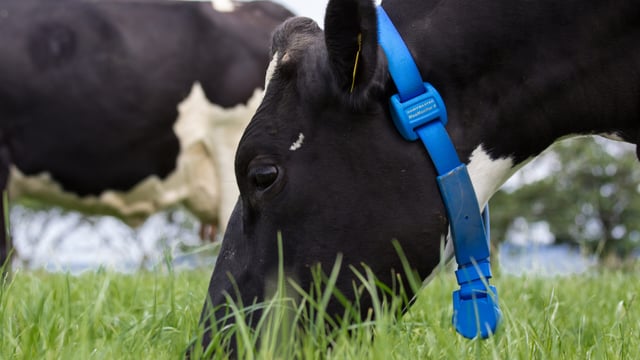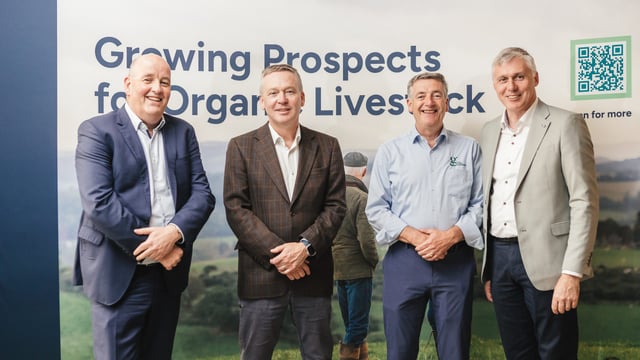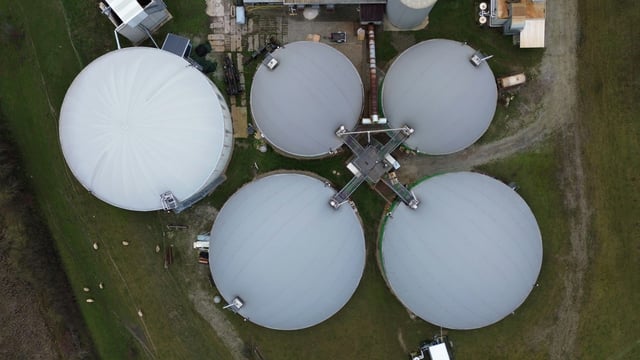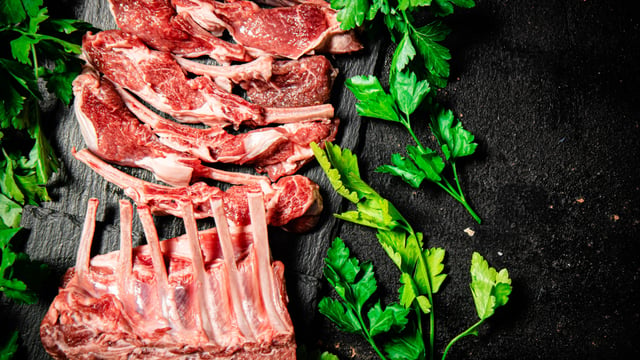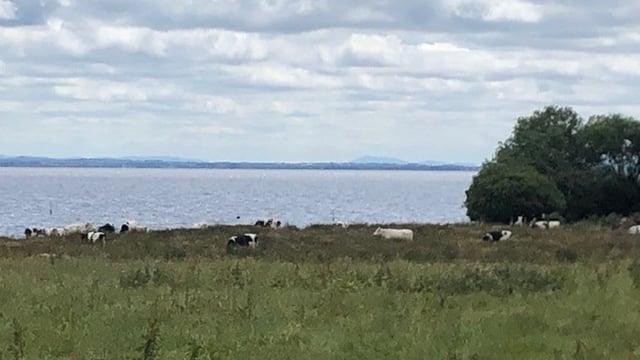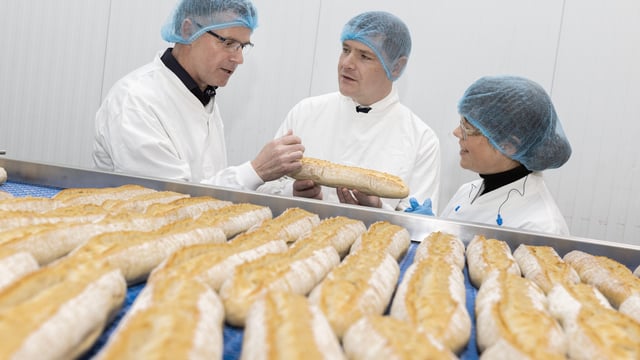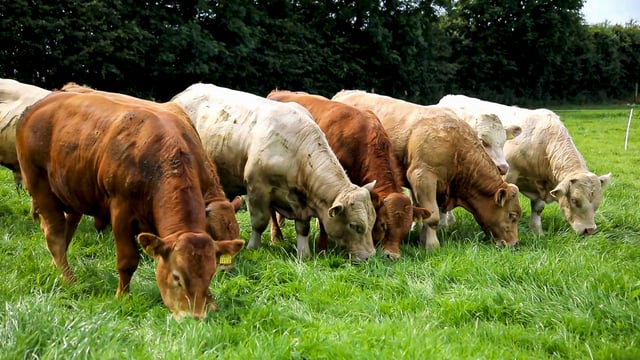Mullooly calls for €200/ha tillage support payment in Budget
Irish tillage farmers are facing a double economic blow from recent EU policy decisions, further threatening the viability of the sector according to Midlands North West MEP Ciaran Mullooly.
He claims that Ireland already lags behind other EU member states in supporting its tillage sector. In France, farmers receive up to €200/ha through eco-schemes, while in Germany payments reach €120/ha for targeted crop and soil-health aid.
The Independent Ireland MEP has said that “Irish farmers are left without comparable support”.
Mullooly has urged the Irish Government to introduce a minimum €200/ha support in the upcoming Budget, stressing that two major pressures now threaten the sector.
One of these is the Carbon Border Adjustment Mechanism (CBAM) which is scheduled to come into force on January 1, 2026.
It will impose a carbon certificate levy on imported fertilisers which Mullooly said is estimated to add €40–€80/t in 2026, rising to €248/t by 2034.
"In effect, this represents a new carbon tax on farmers, with Irish tillage particularly exposed due to reliance on non-EU fertiliser," he said.
Another pressure outlined by the MEP is the new EU tariffs on Russian fertiliser to be introduced on July 1, 2025, targeting nitrogen inputs such as urea and ammonium nitrate.
Mullooly said that Russia had been a key supplier of competitively-priced fertiliser to Ireland and that these tariffs compound the impact of CBAM, pushing costs even higher.
“The situation is catastrophic for Irish tillage farmers,” Mullooly added.
“I am calling on the European Commission to defer CBAM implementation for fertilisers until a full impact assessment is completed.
"At the same time, the Irish Government must back its promises with real and substantial funding for the tillage sector in the Budget.”
The Independent Ireland MEP added that rising costs are accelerating the collapse of tillage farming in Ireland and that climate-smart fertiliser use, such as protected urea, is now under threat.
"Without urgent intervention, Irish tillage risks becoming economically unsustainable. Tillage farmers need help, not just sympathy," he said.



